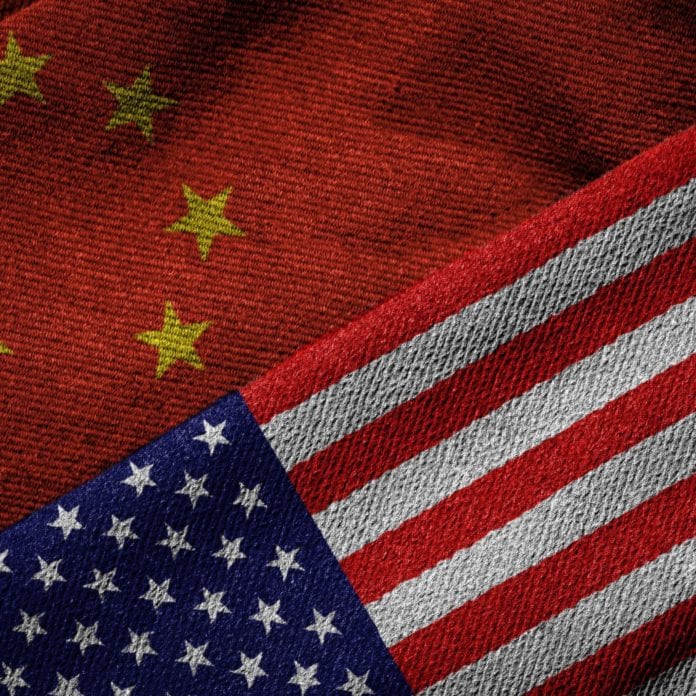Lower costs, higher investment have put China ahead in 5G deployment, Deloitte says
A new report from Deloitte puts some numbers on the scale of investment that China is pouring into 5G and concludes that in these early days of transition, China is ahead in the global race to 5G deployment.
“Other countries are outspending the United States in both relative and absolute terms. In these countries, the execution is faster and more capital efficient than it is in the United States,” Deloitte said in its report. The firm added that “China and other countries are outpacing the U.S. in terms of wireless communication infrastructure spend, tower density and efficiency of execution.”
“While the U.S., Japan and South Korea have all made significant strides toward 5G readiness, the study found that since 2015 China has outspent the U.S. by $24 billion in wireless communications infrastructure,” Deloitte said, noting that in that timeframe, China has built 350,000 new cell sites, while the U.S. has put up fewer than 30,000 new sites. “Even with this estimate normalized to account for the population to wireless subscriber ratio, the study concludes that the U.S. has underspent China in wireless infrastructure by $8 to $10 billion per year since 2015,” the firm added. Deloitte also noted that China’s five-year economic investment plan anticipates spending $400 billion related to 5G, and that it’s more expensive for the U.S. to deploy equipment than it is for China. Deloitte estimated that “the equipment necessary to add a carrier in China is about 35% less than the U.S.,” meaning that “the U.S would need to spend 2.67 times the amount that China spends to generate an equivalent amount of wireless network capacity.” Deloitte estimated that the civil engineering and permitting costs for Chinese operators to deploy a site is about 15% to 20% of the cost to do so in the United States.
The tower market in China is substantially different than the situation on the ground in the U.S. China Tower, the world’s largest tower company, is a joint venture of the top three Chinese mobile operators.According to Deloitte, during 2017, China Tower was adding roughly 460 sites per day to its network. Deloitte said that China Tower has a total of approximately 1.9 million wireless sites, compared to approximately 200,000 in the United States. A few months ago, China Tower agreed to share infrastructure with the country’s largest state-run power company, the State Grid Corp of China; the two companies will collaborate on a variety of infrastructure resource-sharing projects.
In the report (pdf), Deloitte called it a “disturbing trend” that the U.S. lags in 5G investment on a global basis and made a number of recommendations on how to remove domestic investment barriers in 5G, including a “light-touch” regulatory framework; reducing deployment costs and timelines; and create a national database of small cell deployment statistics and best practices that would offer ideas on how to streamline processes while maintaining municipal authority.
“Other countries may consider subsidizing, nationalizing, or otherwise regulating aspects of a nation’s communications infrastructure to speed 5G deployment. However, such interventions in the United States could risk disrupting a communications and technology ecosystem that has proven symbiotic and resilient over the past decade,” Deloitte said, concluding that carriers and their ecosystem partners should instead “negotiate efficient solutions” as they have in an LTE context.
“We predict that 5G will expand the network effect dramatically by extending the reach of the internet to almost any kind of connection, by almost any kind of device, anywhere a wireless signal can reach,” said Dan Littmann, principal for Deloitte Consulting and lead author on the report, in a statement. “The potential economic benefits of 5G will soon become a key differentiator for cities looking to attract both businesses and residents. For the U.S. to remain competitive and eventually emerge as a leader, the race to 5G should be carefully evaluated and swift actions should be taken.”

